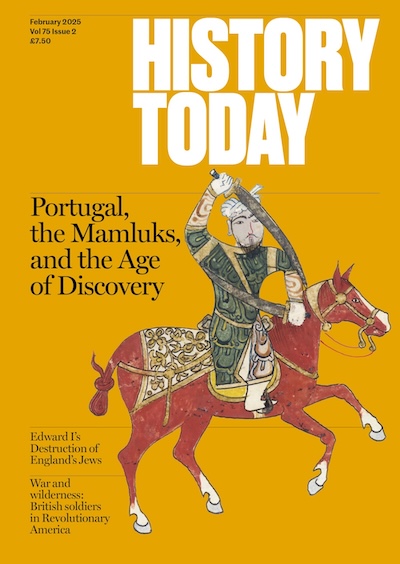Forum: T. P. Wiseman
T.P. Wiseman applauds those historians who restlessly question orthodoxies and received facts.
‘The cardinal virtues of the historian are curiosity and suspicion. The passive and the credulous can only perpetuate unexamined orthodoxies, and there is no more unhistorical activity than that. But in practice, even the most original mind ' takes some things for granted – a chronology, for instance, or a basic narrative structure – which ultimately rest on earlier historians' hypotheses or combinations of evidence, but have been so universally accepted as to seem no longer worth critical examination. That can be dangerous.
For the Roman historian, whether political, social, or literary, the last generation of the Republic is an uniquely well documented period (largely thanks to Cicero and his correspondence), and one that has been subjected to generations of intense and sophisticated investigation. It is not easy to imagine that our existing evidence can be made to reveal any significant novelties. But how much of the familiar picture is made up of preconceived ideas that should be challenged? Two very unpretentious recent articles show what curiosity and suspicion can still achieve.





